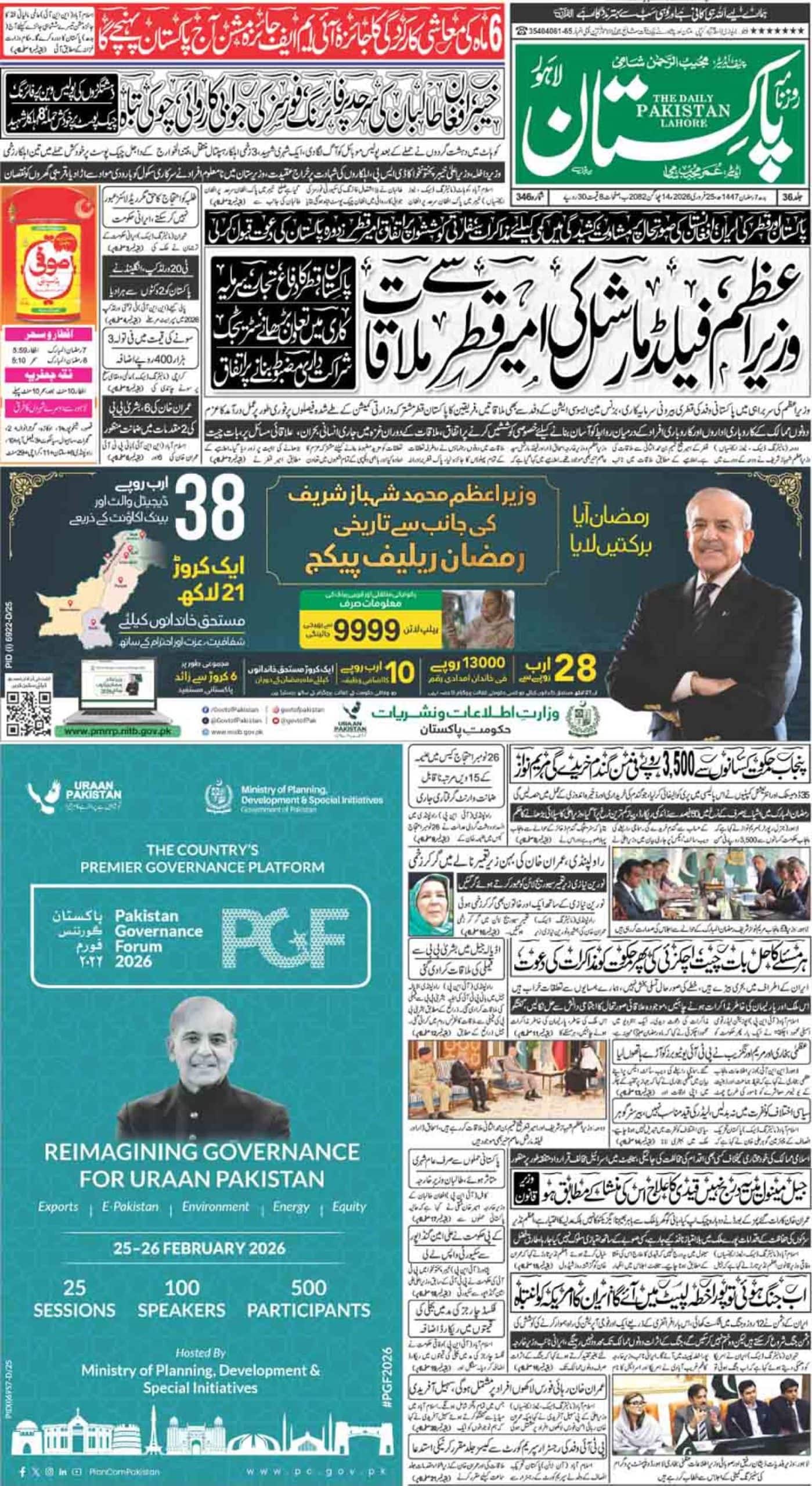What else does the latest PILDAT Survey reflect?
Hardly could have PTI’s supporters digested the win of Ayyaz Sadiq in recent re-election that PILDAT’s new survey has infuriated them with more abominable statistics. According to a new survey gauging the popularity of political leaders, Nawaz Sharif is seen as the most trusted leader by 75% of those who were included in the survey. Not only this, but this popularity of sitting government is being shared by the armed forces as well which happens to be 75% as well. Much to PTI’s dismay, their leader was appreciated by a mere 49%. The survey titled “Public Opinion on Quality of Democracy in Pakistan” also states that only 30% of Pakistanis believe that the general elections 2013 were massively rigged.
The survey is receiving fierce criticism from media analysts. Saleem Safi termed it as a typo – error, while Hassan Nisar considered it to be a complete hoax. On the other hand, PILDAT claims that it took a sample of 3,231 citizens (respondents) from urban and rural areas of all the four provinces of Pakistan. The fieldwork for the report was done in face-to-face interviews in respondents’ homes. The sample is also based on a cross-section of various age, income, education and language groups of the population. And error margin is estimated to be approximately +3-5 percent at 95 percent.
However, less is being discussed about the fact that the same 75% that trusts their PM also expresses complete confidence on the armed forces. It isn’t a surprise that in an article published in the Huffington Post on October 10, Pakistan is being projected as an inventor of a new form of government, the equation of which goes on like this: Civil+Military = Bipolar form of government. What many senior analysts and renowned political commentators are missing is this interesting correlation being reflected through the results of the heavily criticized survey of PILDAT. Whether hoax or exaggeration, the optimistic image of the armed forces in the eyes of Pakistanis cannot be negated.
The survey also revealed that Pakistanis now consider democracy as a more credible form of government.
Instead of judging such surveys as cheer leaders of politicians or political parties or biased pieces of statistical data, they should be discussed as psychological indicators of the political mindset of a cross – section of Pakistani population.
Respondents of the survey have also communicated that they trust the civil government as it is working in close coordination with the armed forces to contain the political lawlessness of the country. The increased reliance on a democratically elected government is a clear evidence that armed forces are no more being welcomed by Pakistanis for the sake of governance.
All this is a huge wake-up call for the PTI. Not only does it suggest that PTI’s dhandli narrative has failed to garner widespread acceptance, it also suggests that PTI is increasingly becoming irrelevant to the actual politics of the country. PTI’s single-minded obsession with only a handful of problems, out of hundreds, may have interested the public in the beginning but it seems that the public is now annoyed with PTI’s obsessions. According to PILDAT, immediately after 2013 elections more people thought that elections were rigged than do now. This suggests that people who previously thought elections were rigged have become so disillusioned with PTI’s rhetoric and have decided that the elections were free and fair after all!
What PTI, and other stakeholders, can do is reject this survey wholesale and claim this is another product of ‘dhandli‘. However, PTI would be doing itself a huge disservice by rejecting everything that points out their faults without looking at it objectively. If PTI takes this seriously, there is a slight chance that they may be able to figure out what is going wrong, and take corrective measures. Will PTI do that?














